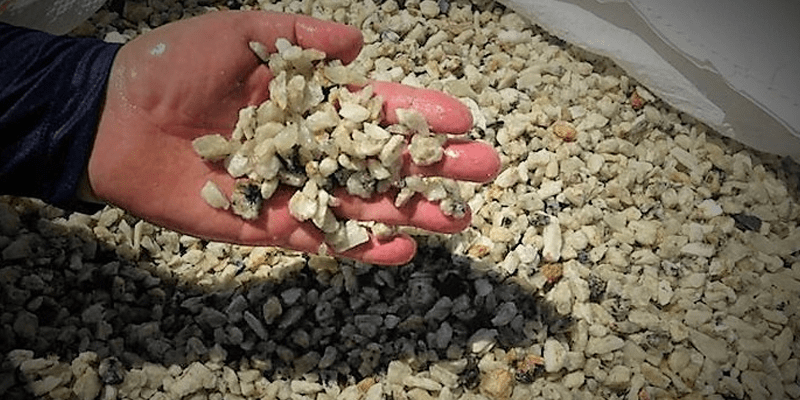Zimbabwe bans raw lithium exports
Zimbabwe has banned the export of raw lithium with immediate effect. The land-locked country has the largest lithium reservoir in Africa but finds that foreign companies and smugglers have extracted the valuable ore without paying their dues.
The government of Zimbabwe, through the Minister of Mines and Mining Development, Hon Winston Chitando, now decreed the Base Minerals Export Control Act. It essentially permits the export of any lithium-bearing ore without the written permission of the Minister and subsequent payment of export tax and VAT.
However, there are exemptions since Zimbabwe’s goal is not to destroy but build the industry in a more organised manner. Therefore, taxes will not apply if the lithium has undergone “processing to the extent that would exempt it” inside the country. Therefore, mining companies that build processing plants are exempt from the order.
The background is that most of the ore containing lithium is taken out of the country, some by so-called artisanal miners who enter old mines and dig out the material themselves. Other parts are exported as raw lithium, leading to the value-adding processing steps downstream of the rock mining outside Zimbabwe. The new act is for Zimbabwe to encourage local processing of the metal.
And it appears to work. Reuters reports Chinese giants Zhejiang Huayou Cobalt, Sinomine Resource Group, and Chengxin Lithium Group have, over the past year, acquired lithium mines and projects worth a combined $678 million in Zimbabwe and are at various stages of developing mines and processing plants, which would exempt them from the ban.
The southern African country holds some of the world’s largest reserves of hard rock lithium, a critical mineral in electric vehicles and related industries. According to the Golem blog, The largest mine is located 300 kilometres south of the capital Harare and has a reserve of about 11 million tonnes of lithium ore. Another mine is expected to produce 2.5 million tonnes per year. Zimbabwe’s government hopes to cover 20 per cent of global demand with lithium deposits in the future.
miningzimbabwe.com, reuters.com, golem.de (in German)




